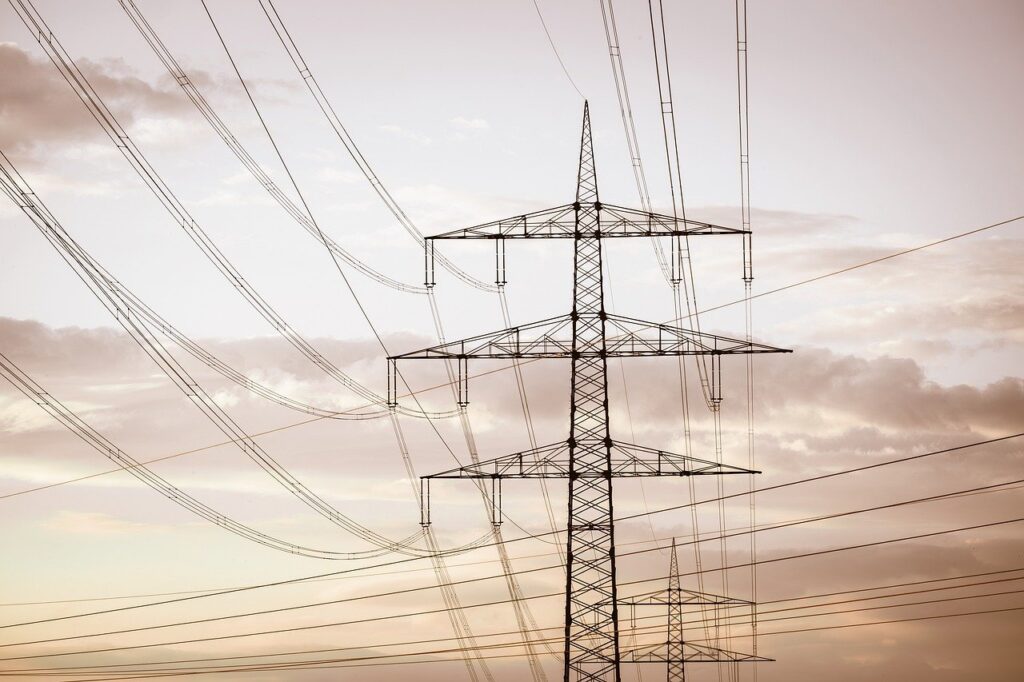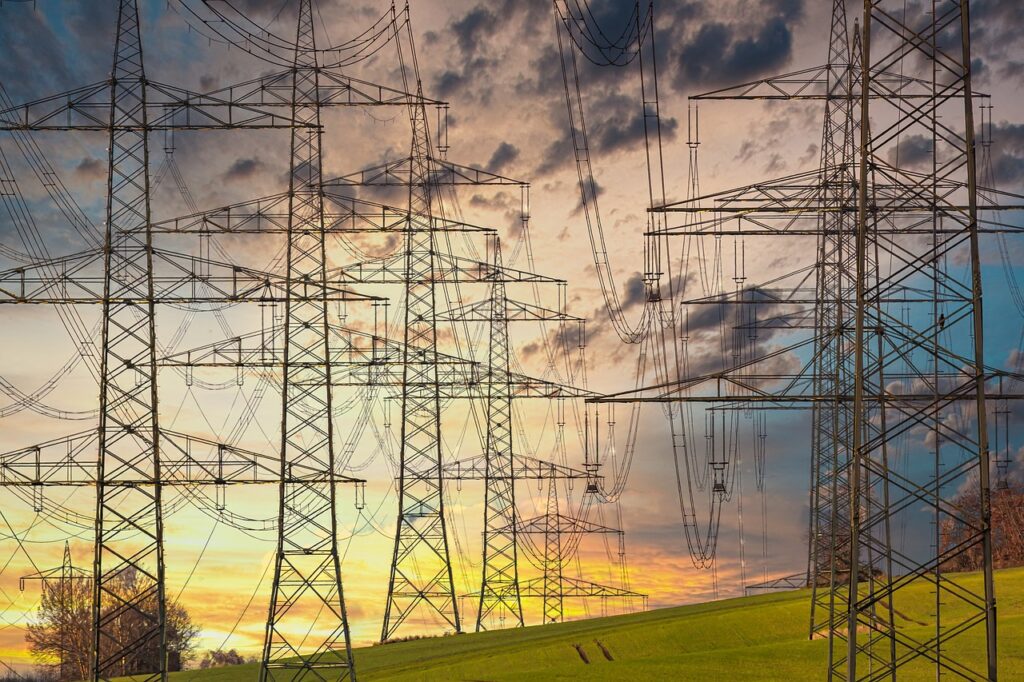Why did it take humans so long to discover electricity and technology?

The journey to discover electricity and harness it for technology was a gradual process spanning centuries. One reason for the slow progress was the lack of understanding of the fundamental principles governing electricity. Ancient civilizations knew about static electricity but didn’t comprehend its nature or potential applications. It wasn’t until the 17th and 18th centuries that scientists like Benjamin Franklin, Charles-Augustin de Coulomb, and Alessandro Volta made significant strides in understanding electricity through experiments and discoveries.
Read also – The Interconnection Between Lifestyle and Health

Additionally, the development of technology relies not just on the knowledge of electricity but also on other scientific and engineering advancements. For example, the Industrial Revolution in the 18th and 19th centuries provided the infrastructure and economic conditions necessary for widespread technological innovation.
Scientific Understanding:
Before significant advancements could be made, there needed to be a foundational understanding of electricity. Early observations of static electricity, such as those made by ancient Greeks rubbing amber to generate static charge, were intriguing but lacked a theoretical framework to explain them. It wasn’t until the 17th century that scientists like William Gilbert began to systematically study electricity, laying the groundwork for future discoveries.
Read also – Creativity as Medicine: The Healing Potential of Art

Technological Infrastructure:
Developing technology requires more than just knowledge; it also requires the tools and infrastructure to experiment and innovate. Over time, advancements in materials science, engineering, and manufacturing processes provided the necessary tools for scientists and inventors to create increasingly sophisticated electrical devices.
Key Discoveries:
Several key discoveries paved the way for the practical application of electricity. Benjamin Franklin’s experiments with lightning and his identification of positive and negative charges were crucial steps forward. Alessandro Volta’s invention of the voltaic pile, the first chemical battery, demonstrated that continuous electric current could be produced. Michael Faraday’s work on electromagnetic induction laid the foundation for electric generators and motors.
Read also –Top 5 most expensive watches in the world

Industrial Revolution:
The Industrial Revolution, which began in the late 18th century, played a significant role in driving technological progress. It brought about a shift from agrarian economies to industrialized societies, creating a demand for new sources of power and ways to increase productivity. Electricity emerged as a solution, powering factories, transportation systems, and communication networks.
Global Exchange of Ideas:
The exchange of ideas and knowledge across cultures and regions also contributed to the development of electricity and technology. As trade routes expanded and communication improved, ideas and innovations spread more rapidly, accelerating progress in various fields, including science and engineering.
Read also – Easy and Healthy Meal Prep Ideas for Busy Weekdays

Social and Economic Factors:
Societal needs and economic incentives played a crucial role in driving innovation. As societies grew and urbanized, the demand for energy and technological solutions increased. Innovators responded to these needs by developing new technologies, such as electric lighting, telegraphy, and eventually, the electric grid.
Continuous Research and Development:
Progress in science and technology is often incremental, with each discovery building upon previous knowledge. Continuous research and development efforts by scientists, engineers, and inventors have led to the refinement and improvement of electrical technologies over time.
Overall, the journey to discover electricity and harness it for technology was a complex and multifaceted process, influenced by scientific inquiry, technological innovation, economic factors, and societal needs. It required the concerted efforts of individuals and communities over centuries to unlock the full potential of electricity and bring about the technological advancements we enjoy today.
Moreover, the progression of technology often depends on societal needs and priorities. In earlier periods, agriculture and survival were the primary concerns, whereas electricity and technology became more essential as societies evolved and industrialized.
Overall, discovering and harnessing electricity required a combination of scientific curiosity, technological innovation, and societal changes, which took time to unfold and develop.



Appreciable post , thank you so much for this information this is really well defined —-i appreciate you